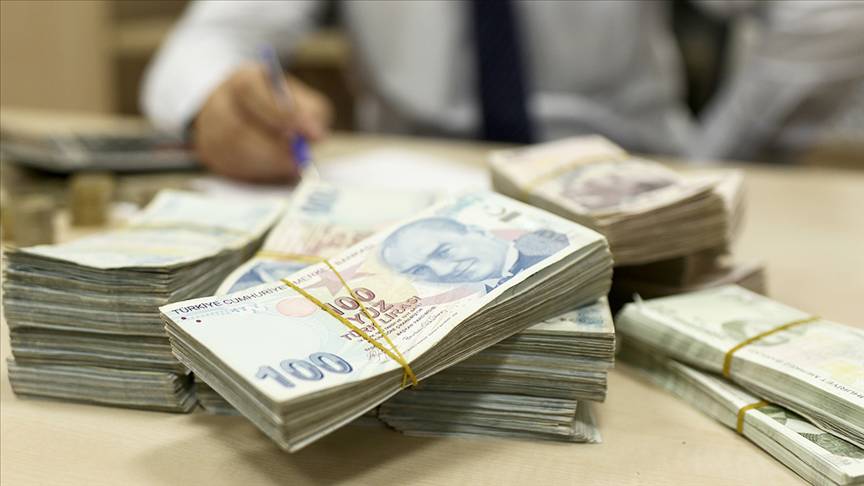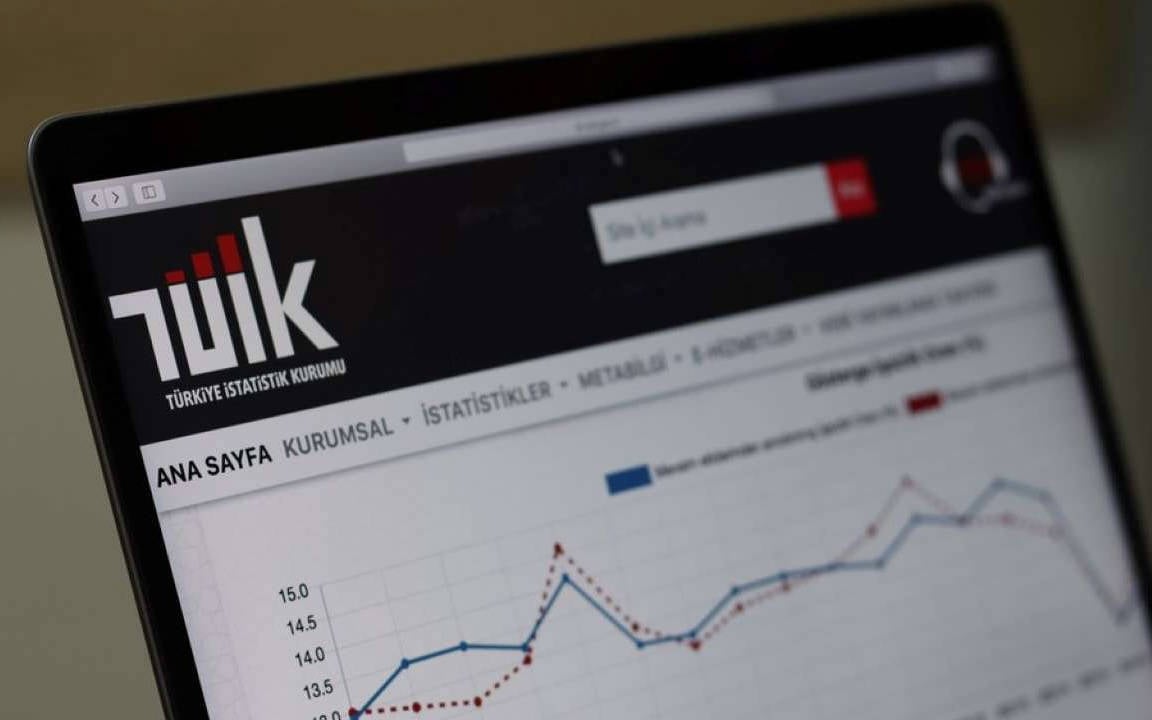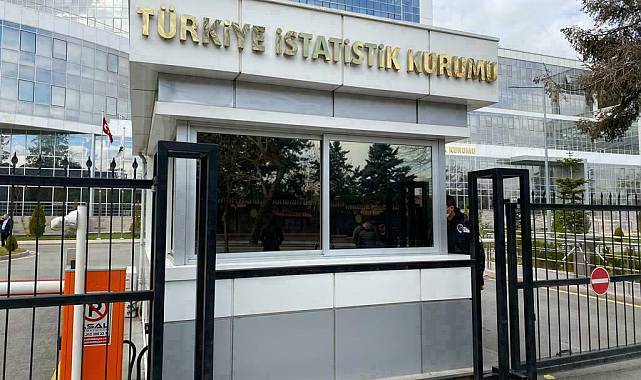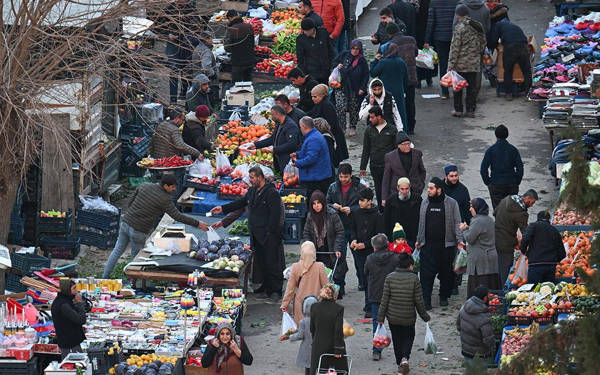The Turkish Statistical Institute (TurkStat) faces significant criticism and legal challenges following allegations of manipulating inflation data, which may have resulted in lower salary increases for millions of pensioners and public employees.
The controversy centers around TurkStat's "inflation basket" and the transparency of its data. For the past two years, TurkStat has not disclosed the individual prices of items used to calculate inflation, defying court rulings that mandated such disclosures. Critics argue that the institution underreports inflation figures to enable the government to minimize pension and wage adjustments, which are indexed to these figures.
.jpg)
TurkStat announces inflation at 43%, continues to withhold inflation basket despite court ruling
In June, TurkStat reported a six-month inflation rate of 24.75%, which set the basis for mid-year pension adjustments. Opposition parties, including the main opposition Republican People's Party (CHP) and the Peoples’ Democracy and Equality (DEM) Party, have filed separate criminal complaints against TurkStat, accusing it of deliberately underreporting inflation to facilitate lower wage increases.
Complaints from opposition parties
Both parties have pressed the charge of “concealing data and abusing public duty” against the statistical authority. In its petition to the Ankara Chief Public Prosecutor’s Office, DEM Party stated, "The rates of increases in civil servant and pensioner salaries are determined based on the inflation rates announced by TurkStat. With the inflation data released in June, both the rate of rent increases and the six-month inflation difference reflected in the salaries of civil servants and pensioners were determined accordingly.
“TurkStat's data negatively impacts the lives of millions of people who live by their labor. By publishing data that causes millions of people to become poorer under inflation conditions, in order not to trouble the political power, TurkStat is clearly committing a crime.
“The unpublished item-level prices and misleadingly determined so-called inflation figures also constitute the crime of openly spreading misleading information to the public. The institution's president and executives are abusing their duties and committing a crime by openly spreading misleading information to the public."
Leaked TurkStat data
While TurkStat has been accused of manipulating data, particularly of inflation and unemployment, this latest controversy was ignited by a leak of the concealed data to the press in early July. The 2023 figures published by Alaattin Aktaş, a columnist for the Ekonomim news portal, revealed that the prices TurkStat used in its calculations were significantly lower than market prices.
For example, the average price for an egg was calculated as 2 Turkish liras last year, and the average fee for a doctor’s appointment was 34 liras, much lower than actual prices. In another peculiarity, the statistical agency reported that the price of olive oil was lower than the price of olives, despite multiple kilograms of olives being required to produce one liter of olive oil.
Following the backlash caused by the leak, TurkStat President Erhan Çetinkaya held a lengthy press conference on July 9 to defend the institution’s practices. According to him, the reason for not disclosing individual items’ prices was that it would delay the announcement of the inflation rate by one day, which has not been found convincing by the public.
Çetinkaya further emphasized that the inflation calculations follow international standards and that perceived inflation often differs from official figures, a common phenomenon worldwide.

TurkStat chair defends institution amid inflation calculation criticisms
Despite these defenses, public trust in TurkStat remains low. According to a 2022 survey by MetroPoll, 61.7% of the public believe TurkStat underreports inflation. This skepticism is further fueled by discrepancies between TurkStat's figures and those of independent groups like the Inflation Research Group (ENAG), which reported much higher inflation rates. (VK)













